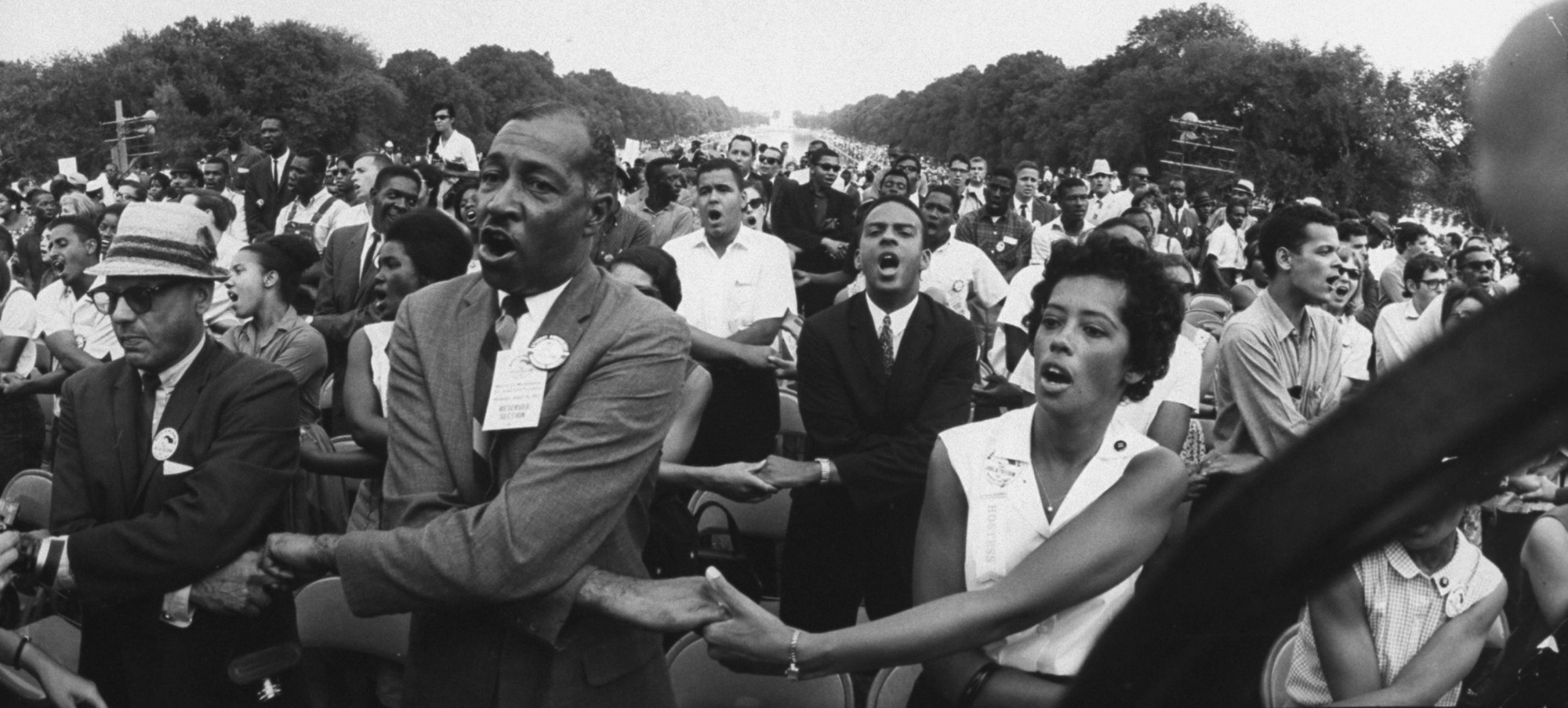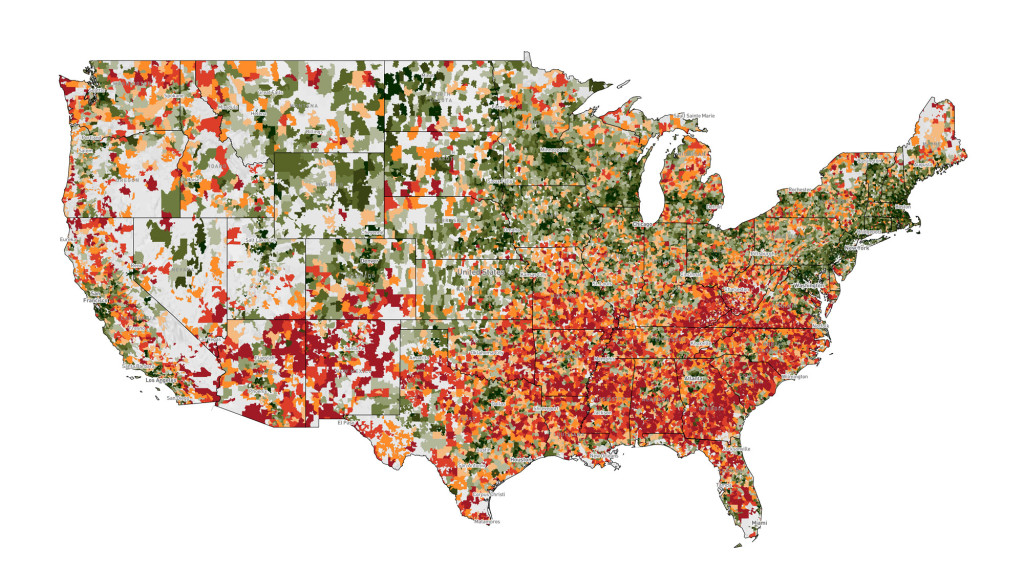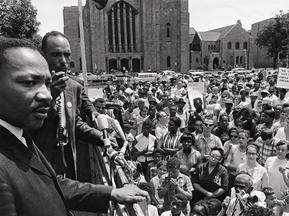Economic Innovation Group – Press Release (Feb 25, 2016)
Over 50 Million Americans Live In Economically Distressed Communities
Economic Innovation Group Launches The Distressed Communities Index, A New Analysis of Economic Well-Being and Spatial Inequality
Washington, D.C. – The Economic Innovation Group (EIG) today launched the Distressed Communities Index (DCI), an interactive heat map and analysis for identifying, visualizing, and evaluating economic prosperity and distress spanning nearly every community throughout the country. The DCI was built using data from more than 25,000 zip codes and covers 312 million Americans, or 99 percent of the population. Users can explore the dataset by zip code, county, city, state, and Congressional district.
“Good data are essential for good public policy,” said John Lettieri, EIG co-founder and senior director of policy and strategy. “The DCI gives us a deeper understanding of economic well-being through the lens of local geographies, providing a powerful tool for policymakers at the federal, state, and local levels.”
The DCI provides a multifaceted look at the circumstances underlying the prevailing economic anxiety for many Americans. While more Americans live in communities that have recovered from the Great Recession, there are large swathes of the country that continue to be plagued by disproportionate poverty and joblessness. The DCI reveals that more than 50 million Americans live in economically distressed communities.
“Millions of Americans continue to feel left behind by the economic recovery. The DCI helps us understand what is driving these sentiments and why, and how, place matters,” said Steve Glickman, co-founder and executive director of EIG. “Achieving the American dream should not be predetermined by the zip code where you happen to be born.”
An examination of economic well-being at the local level reveals that the country’s most prosperous and most distressed communities are pulling apart with particularly heavy concentrations of economic distress in Southern states and Rust Belt cities.


